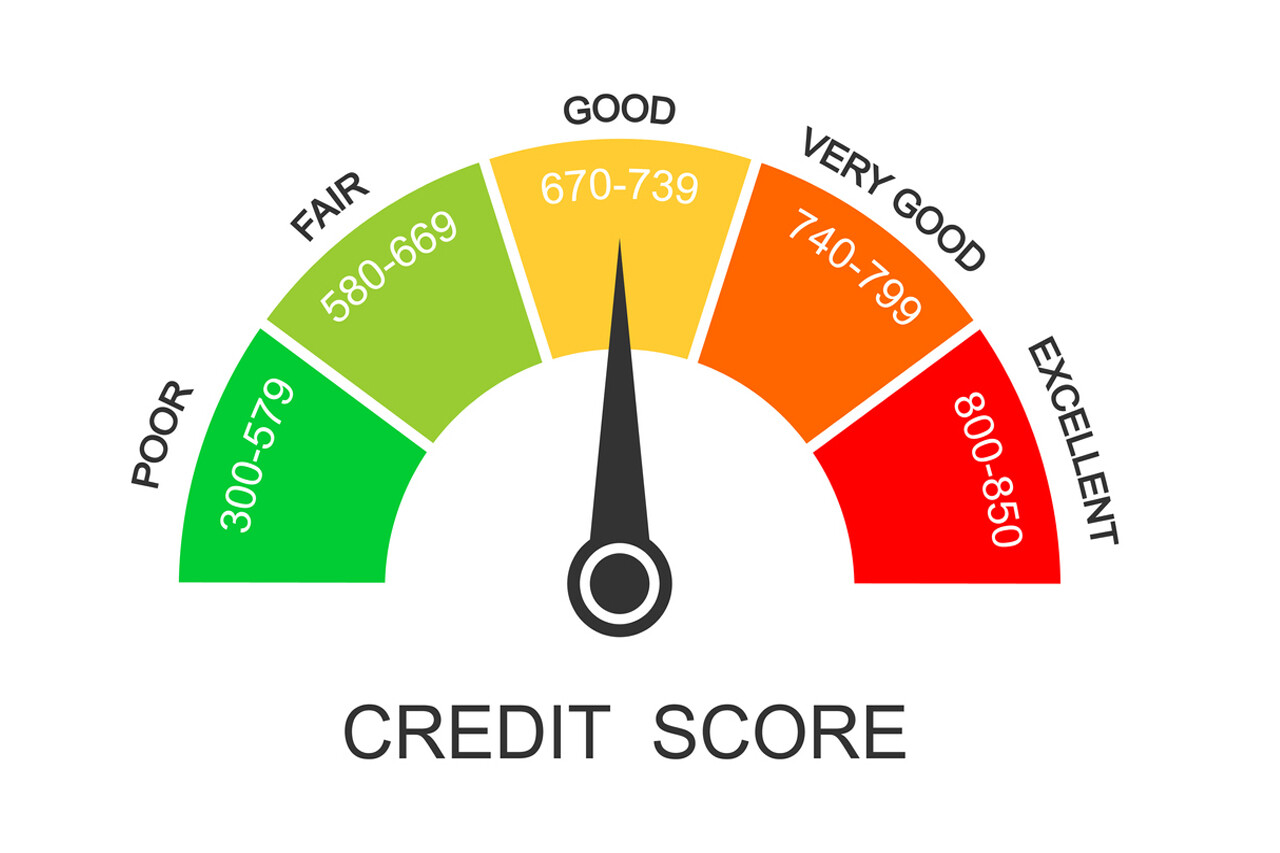THE ROLE OF CREDIT SCORES IN DEBT FINANCING
CA Hardik Sanghavi | 26 Nov 2024

About the Blog
THE ROLE OF CREDIT SCORES IN DEBT FINANCING
BAD CREDIT SCORE – NO LOANS APPROVAL
In the dynamic landscape of India's financial sector, credit scores play a critical role in determining access to debt financing. For both individual borrowers and businesses, a credit score serves as a key indicator of creditworthiness and influences the terms and conditions under which they can secure loans. Let’s delve into the significance of credit scores in debt financing from an Indian perspective.
In India, credit scores are provided by credit bureaus such as CIBIL (Credit Information Bureau India Limited), Experian, Equifax, and CRIF High Mark. These scores typically range from 300 to 900, with higher scores indicating better creditworthiness. A score above 750 is generally considered good and can facilitate easier access to credit.
Importance of Credit Scores in Debt Financing
- Loan Approval
Banks, non-banking financial companies (NBFCs), and other financial institutions rely heavily on credit scores to assess the risk associated with lending to an individual or a business. A high credit score increases the likelihood of loan approval, while a low score can result in rejection or stringent lending conditions.
- Interest Rates
Credit scores significantly impact the interest rates offered by lenders. Borrowers with high credit scores are viewed as low-risk and are often offered lower interest rates. Conversely, those with lower scores may face higher interest rates, making their loans more expensive.
- Loan Terms
The terms and conditions of a loan, including the repayment period, loan amount, and associated fees, are also influenced by credit scores. High credit scorers may receive more favorable terms, such as higher loan amounts and longer repayment periods.
- Negotiation Power
Borrowers with excellent credit scores have greater negotiation power. They can leverage their scores to secure better deals, including lower interest rates and favorable repayment terms. This advantage can be particularly beneficial for businesses looking to optimize their financing costs.
Here’s how you can improve your credit scores:
- Timely Payments: Ensure all bills, including credit card and loan repayments, are paid on time. Late payments can significantly harm your credit score.
- Credit Utilization: Maintain a low credit utilization ratio, ideally below 30%. This ratio represents the amount of credit used compared to the total credit limit.
- Regular Monitoring: Regularly check your credit report for inaccuracies and rectify any errors promptly. Each of the credit bureaus provides access to credit reports.
- Diverse Credit Mix: Having a mix of credit types, such as credit cards, personal loans, and home loans, can positively impact your credit score.
- Limit Credit Inquiries: Avoid multiple credit inquiries in a short period, as this can temporarily lower your credit score.
Conclusion
Credit scores are a pivotal factor in debt financing, influencing loan approval, interest rates, loan terms, and overall borrowing costs. They serve as a critical tool for lenders to assess the creditworthiness of borrowers, thereby fostering a more transparent and efficient financial system. For borrowers, understanding and maintaining a good credit score is key to accessing favorable financing options and achieving financial stability.
As the Indian financial landscape continues to evolve, the importance of credit scores will only grow, making it imperative for individuals and businesses to prioritize their credit health. By doing so, they can ensure better financial opportunities and a stronger position in the credit market.
Blog Details
- Topic: THE ROLE OF CREDIT SCORES IN DEBT FINANCING LIKE CIBIL REPORTS
- Published on: 26 Nov 2024
